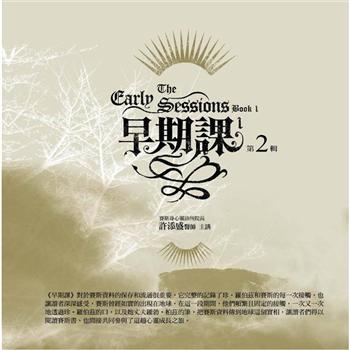Seneca stands apart from other philosophers of Greece and Rome not only for his interest in practical ethics, but also for the beauty and liveliness of his writing. These twelve in-depth essays take up a series of interrelated topics in his works, from his relation to Stoicism, Epicureanism, and other schools of thought; to the psychology of emotion and action and the management of anger and grief; to letter-writing, gift-giving, friendship, and kindness; to Seneca’s innovative use of genre, style, and humor. Recalling Socrates’s critique of philosophical writing in Plato’s Phaedrus, this volume gives particular attention to Seneca’s ideas about the techniques of reading, writing, and study that make philosophy beneficial to the individual and to society. Clear explanations and careful translations make the volume accessible to a wide range of readers.












